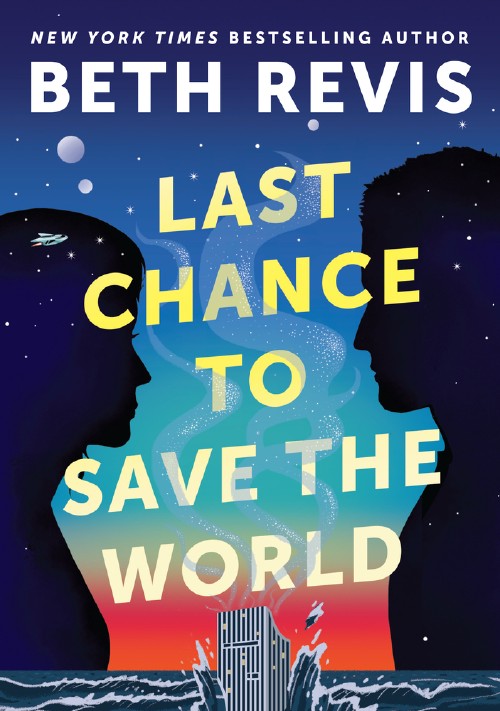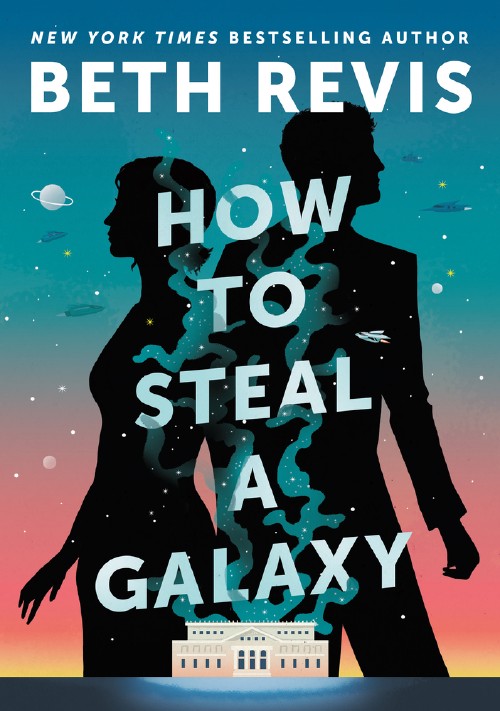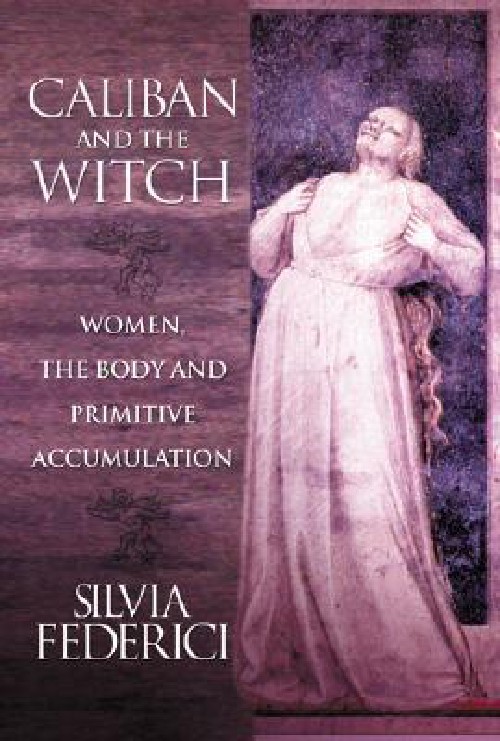Science is not a magic wand that turns everything it touches to truth. Instead, “science operates as a procedure of uncertainty reduction,” said Nosek, of the Center for Open Science. “The goal is to get less wrong over time.” This concept is fundamental — whatever we know now is only our best approximation of the truth. We can never presume to have everything right.
FiveThirtyEight goes long on how science helps us understand the world, and how it is manipulated. I enjoyed the nuance of this piece from Christie Aschwanden exploring the issues in modern science – such as P-hacking and peer-review fraud – while also separating these issues from the foundations of the scientific method.
In 1955, as a 22-year-old, I went to Israel for several months to work on a kibbutz, and though I enjoyed it, I decided not to go again. Even though so many of my cousins had moved there, the politics of the Middle East disturbed me, and I suspected I would be out of place in a deeply religious society.
I hate to admit to myself that this may be Oliver Sacks last piece, but I guess that is the truth. It’s a lovely meditation on rest and love and you really just need to read it, there is not much else to say.
I’m always looking for visual hooks. My daughter has a particular thing she does with her mouth. If there’s several people who could be her, I look for the mouth thing. If she’s nervous, or she’s irritated, one side of her mouth goes up. She’s done it since she was a baby. She doesn’t like having her photograph taken, so when I look at a group photo, I look for the kid with the smirk and I know it’s my daughter.
What It’s Like to be Profoundly Face-Blind
Alexa Tsoulis-Reay interviews a person who has Prosopagnosia, commonly known as Face Blindness. I found it fascinating to hear about the ways this condition affects interactions and relationships.
“The great thing about the ADA is that it covers almost everything,” says Edward Steinfeld, the Director of the Center for Inclusive Design and Environmental Access at the University at Buffalo. “It’s created a society in which people know they have to provide accessibility, and treat people with disabilities with dignity and respect. I think everyone has experienced the impact in some way, and it’s not because they have a disability.”
The ADA at 25: How One Law Helped Usher in An Age of Accessible Design
A wonderful history of the affects of the ADA on architecture and society at large by Patrick Sisson, including the history of its passage, the results as it has been implemented, and the ongoing work to improve access across all of society.
In my experience, kids were homeschooled for one of two reasons: for my brother and me, it was a means of avoiding an awful public school system without going to private school, which our family couldn’t really afford anyway. For some other kids, though, it was a means of escaping the evil, secularist curriculum of public school. The Earth is 6,000 years old, global warming is a myth, Satan buried dinosaur bones in the ground to trick us, and these children must not be taught otherwise, lest the fiery lakes of hell burn the flesh from their little limbs.
Jon Bois didn’t homeschool as long as I did (for me, 3rd grade to graduation) but the experiences he had in the South feel extremely familiar. Even now, as I reflect on the strange culture of homeschooling that I was raised in, despite my parents choosing to do it for educational and not religious reasons, it seems like some of my memories can’t possibly be true. Those peopel weren’t that weird, were they? Bois captures this feeling well.
Not that I’d charge my friends – but I don’t charge to edit stuff for them either, nor do usually they charge me when they knit me something or draw me a picture or feed my dog. Yet that work is still considered to have value. I’ve offered to pay for dogsitting, they’ve offered to pay for editing; often we arrange some kind of barter in lieu of payment. If we wanted to charge someone else money for these services, it would not be considered absurd. But emotional labor? Offering advice, listening to woes, dispensing care and attention? That’s not supposed to be transactional. People are disturbed by the very notion that someone would charge, or pay, for friendly support. It’s supposed to come free.
“Where’s My Cut?”: On Unpaid Emotional Labor
This essay, by Jess Zimmerman, simply must be read. The expectations we place on others, specifically women, are immense and undervalued. This essay demands the reader grapple with how we might address this shortcoming.
These moments don’t show up in the edited videos. But they are, arguably, the key to understanding the broader debate around these issues. Planned Parenthood is an organization that believes it can do good in the world by procuring fetal tissue for medical researchers. Their critics find fetal tissue research self-evidently repugnant. To a large degree, what you think of the videos comes down to what you think of the fraught topic of fetal tissue research.
I watched all 12 hours of the unedited Planned Parenthood videos. Here’s what I learned.
I found that Sarah Kliff did a great job of finding the nuance in this recent controversy around Planned Parenthood by being willing to sit through the entirety of the footage. In this piece, she grapples with the ways our pre-existing biases color our thoughts on the topic, while also addressing some concerning ethical issues from both sides.
“Hook-up culture” might be thriving in the worried minds of older media writers, but, in reality, a lot of people just don’t feel ready. According to a Pew Research study from last year, “Three-in-ten [Millennials] say they have not found someone who has what they are looking for in a spouse. A similar share (27%) say they are not financially prepared for marriage. And 22% say they are not ready to settle down or are too young.”
‘Vanity Fair’ Doesn’t Understand What’s Going on With Dating or Tinder
I haven’t even read the Vanity Fair report on fuckboys but this response is, to me, a great analysis of data about my generation. There is much handwringing, much apocalyptic news shouting, but maybe it’s just an overall pragmatism plus a little bit “so it goes” caused by a lot of factors that previous generations haven’t really experienced. It makes sense to me, anyways.



